Quartz stone is one of the most popular materials used in modern homes and commercial spaces. Known for its stunning appearance and impressive durability, it’s commonly used in countertops, flooring, and wall cladding. But what exactly is quartz stone made of? Let’s explore the materials, how it’s produced, and why it’s so durable.
What Is Quartz Stone?
Quartz stone, also called engineered quartz or quartz surface, is a man-made material created by combining natural quartz crystals with resins, polymers, and pigments. The result is a durable and non-porous surface that mimics the beauty of natural stone but offers better performance.
Main Ingredients in Quartz Stone
Here’s what typically goes into engineered quartz stone:
-
Natural Quartz Crystals (90–95%)
Quartz is one of the hardest minerals found in nature. It forms the solid base of the slab, making the surface very strong and scratch-resistant. -
Polymer Resins (5–10%)
These are high-performance bonding agents that hold the quartz particles together. Resins add flexibility and durability to the material. -
Pigments and Dyes
Different colors and patterns are added using inorganic pigments. This gives quartz stone its wide variety of shades and finishes. -
Other Additives (optional)
-
Glass pieces for sparkle
-
Mirror chips for shine
-
Anti-bacterial additives for hygiene
-
How Is Quartz Stone Made?
The manufacturing process includes the following steps:
-
Mixing – All raw materials (quartz, resin, pigments) are blended.
-
Molding – The mixture is poured into a mold and shaped into slabs.
-
Pressing – A vacuum and vibration system compresses the mixture under high pressure.
-
Curing – The slabs are baked at a high temperature to harden.
-
Polishing – The surface is polished to give it a smooth and glossy finish.
-
Quality Checks – Final slabs are inspected and tested before shipping.
Why Is Quartz Stone So Durable?
Quartz stone is popular because of its excellent durability. Here’s why:
-
Scratch-Resistant: Quartz ranks 7 on the Mohs scale of hardness, so it resists everyday scratches.
-
Stain-Resistant: The surface is non-porous, so it doesn’t absorb liquids or stains.
-
Heat-Resistant: While not as heatproof as granite, it can handle mild kitchen heat.
-
Low Maintenance: No need for sealing or special cleaning products.
Maintenance Tips
To keep your quartz surface looking new:
-
Clean daily with mild soap and water.
-
Avoid using abrasive sponges.
-
Don’t place hot pots directly on the surface – always use trivets.
-
Wipe up spills quickly, especially strong chemicals or dyes.
Common Uses of Quartz Stone
Quartz stone is ideal for:
-
Kitchen countertops
-
Bathroom vanities
-
Backsplashes
-
Tabletops
-
Wall cladding
-
Commercial interiors
Final Thoughts
Quartz stone is a smart and stylish choice for modern spaces. It combines the natural beauty of stone with the performance of engineered materials. Its high quartz content, strong resins, and non-porous surface make it a long-lasting solution for both homes and businesses.
If you’re looking for a durable, beautiful, and low-maintenance surface, quartz stone is one of the best materials available today.
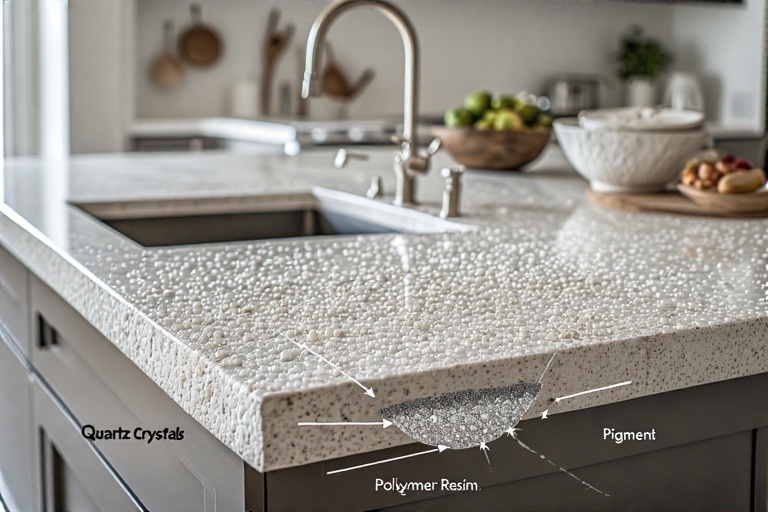
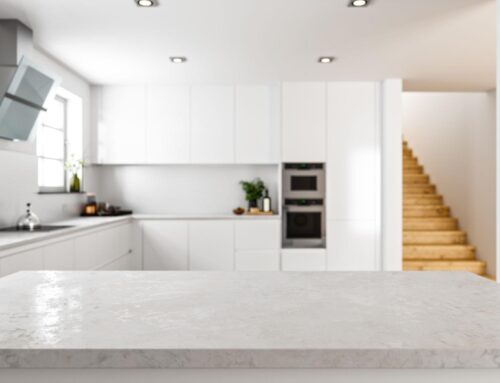
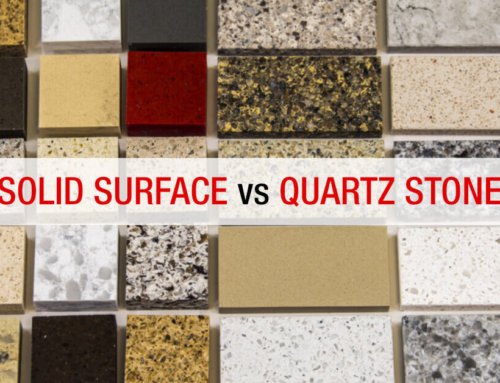
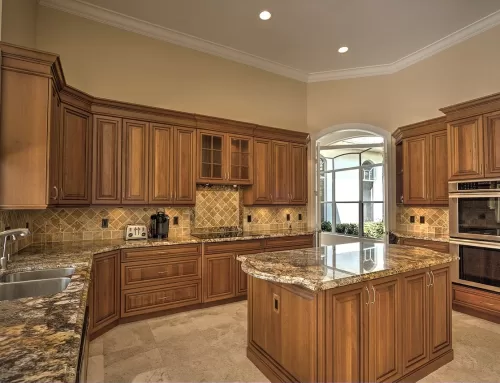
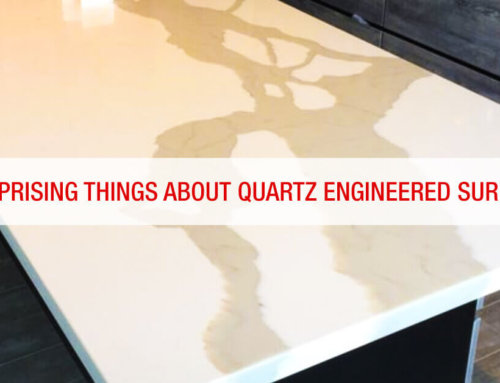
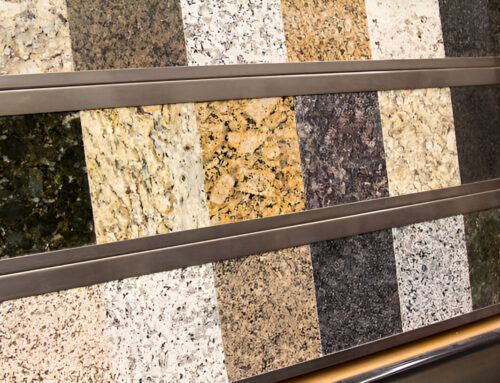
Leave A Comment